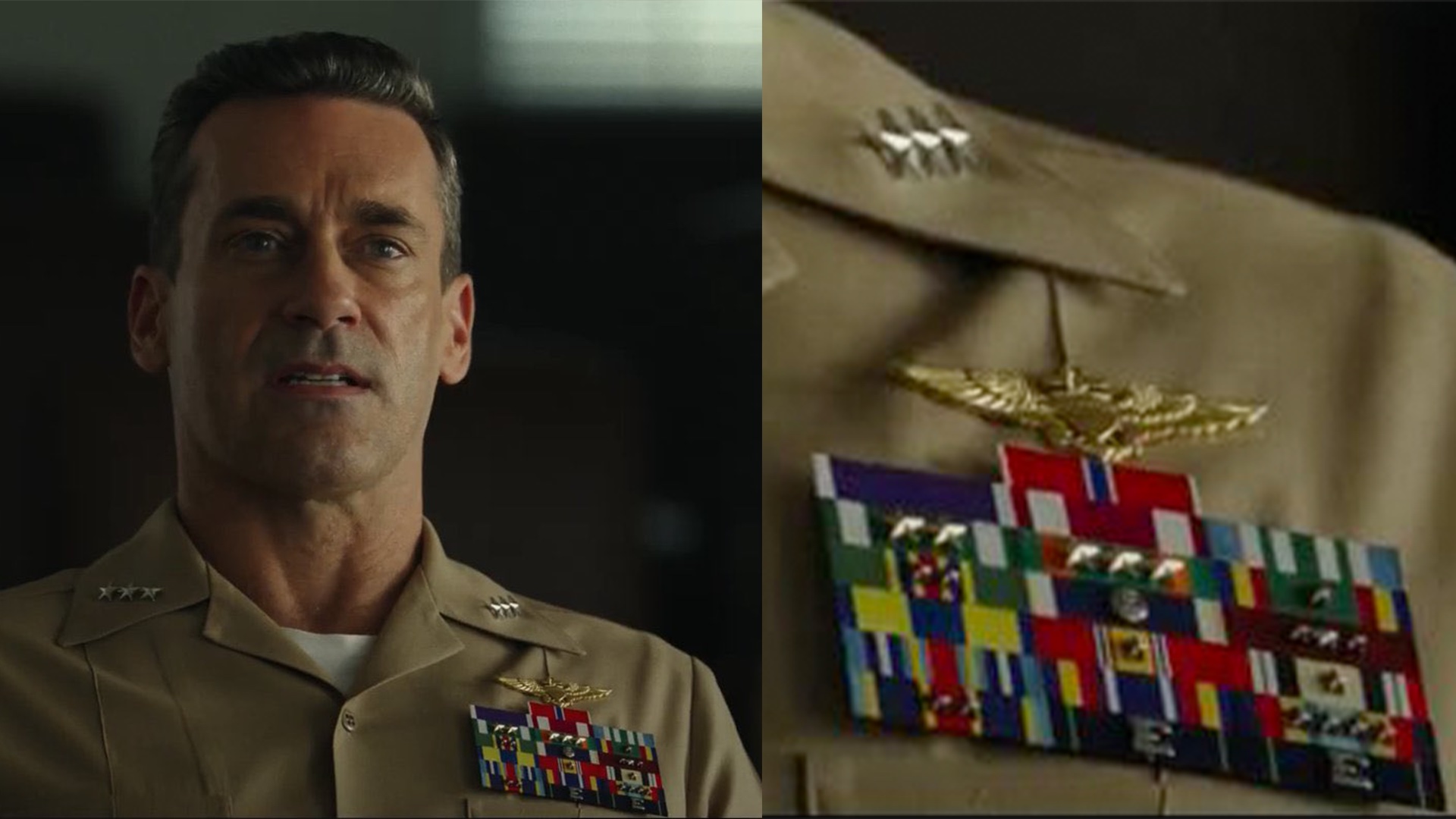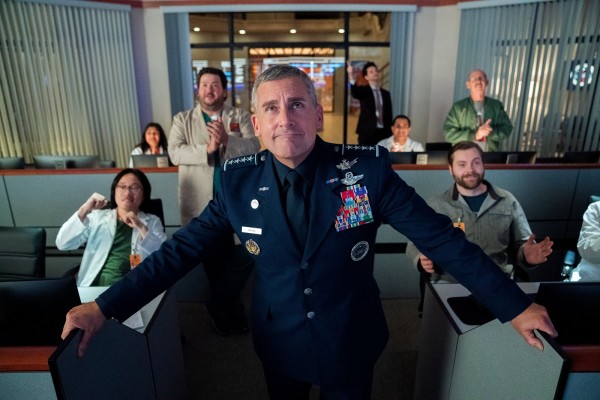Finally, the psychoanalysis is in and stating the obvious about the Navy

Comparative Media Studies 201: “Heterosexual Undertones in Top Gun”
Since its release in 1986,
Top Gun has been universally accepted as the homoerotic story of a pilot whose “inverted” flying style puts him at odds with the straight-shooting patriarchal value system of the US Navy
1. Yet while the past three decades of film criticism have reaffirmed this interpretation, recent study suggests that subtle layers of heterosexuality pervade the text. As unlikely as it seems, a closer reading reveals a romance between a cocky male pilot and his female instructor.
Indeed, this theory is inherently outlandish and absurd. How could a film featuring beach volleyball games, gratuitous locker room scenes, phallic fighter jets, and language such as “You can be my wingman anytime,” “Hard deck, my ass. We nailed that son of a bitch,” and “Buzzing the tower” be anything but a gay fantasia on naval aviation themes?
This paper, however, should not be written off as a stretch, or a
Room 237 conspiracy theory, or “a contrarian opinion written solely for the sake of academic provocation” (which this author was previously accused of for writing “
The Lion King’s Critique of Neo-Colonial Patrilineal Succession”). No. In this case, the critical community did not look closely enough at
Top Gun, taking the text at face value and not recognizing it as an intellectual target-rich environment.
Whether it is a glance, a throwaway line (“You always go home with the hot women”), or the scenes where Maverick has sex with a woman, there are subtle instances of straightness that are impossible to deny. It is unclear if director Tony Scott intended this reading, but too many clues exist for it to be purely coincidental. These details appropriately fly under the viewer’s radar, much as Maverick did to the MiG in the film’s opening dogfight.
The first hint comes in the famous beach volleyball game, set to the sound of Kenneth Loggins’ “Playing With the Boys.” The scene, highlighting a shirtless and sweaty Tom Cruise and Val Kilmer (and a clothed Anthony Edwards), plays like a hyper-masculine exercise in reaffirming Susan Sontag’s definition of camp
2. Yet in a wink to the audience, Maverick occasionally and subtly checks his watch during the game. This indicates that he is late, pointing us back to the overlooked plot point of his planned mid-day rendezvous with Charlie (portrayed by Kelly McGillis).
Since its release in 1986, Top Gun has been universally accepted as the homoerotic story of a pilot whose “inverted” flying style puts him at odds ...

www.mcsweeneys.net





taskandpurpose.com

